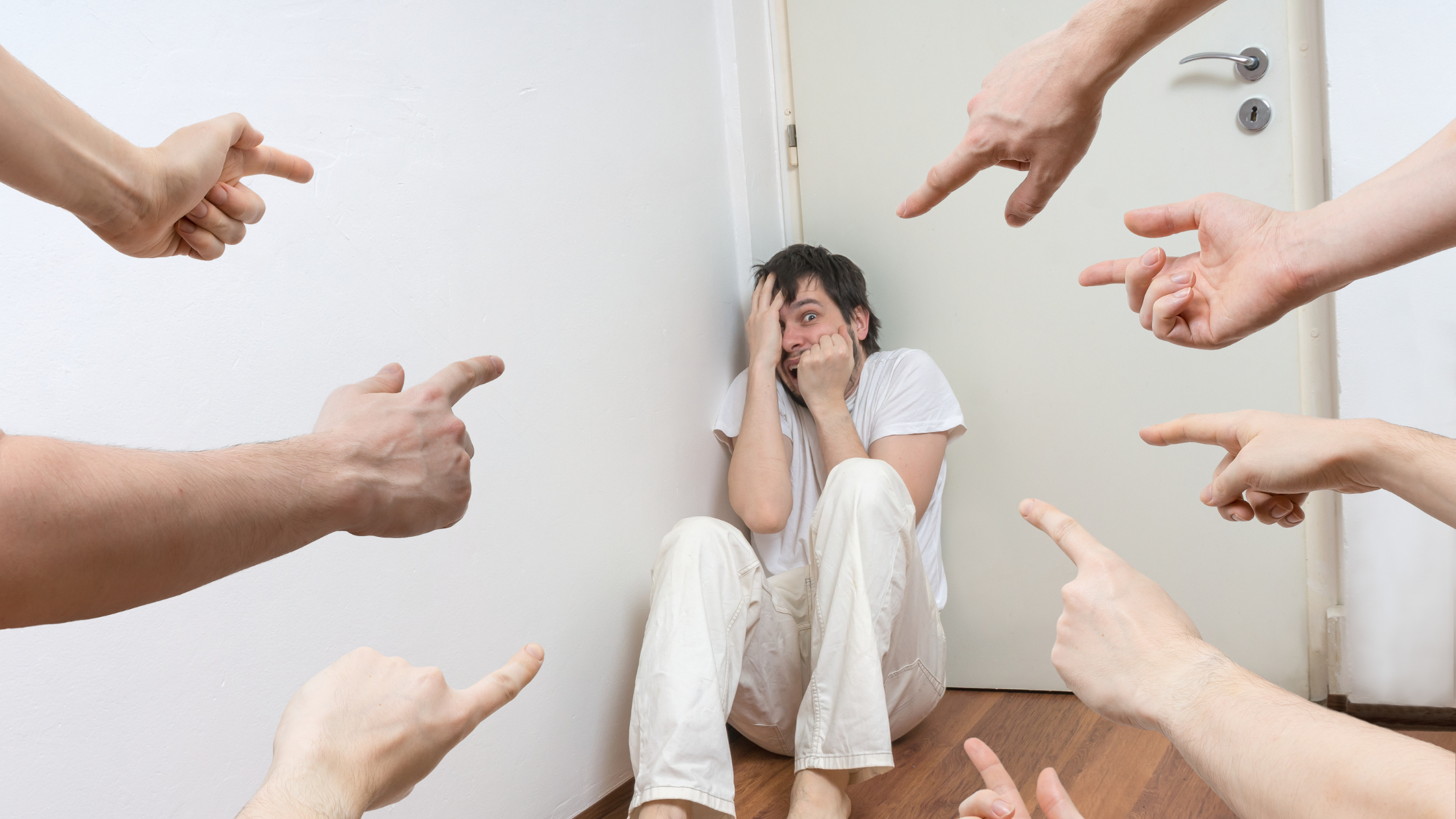
Borderline personality disorder (BPD) is a psychiatric mood disorder that consists of fluctuating emotions, threats of self-harm, and attention seeking behavior. BPD requires various modalities of treatment, including psychotherapy, medication, and behavioral interventions.
One activity that may help reduce the severity of the symptoms of BPD is sleeping. Insomnia treatment may be important for managing BPD symptoms according to a recent study. Continue reading to find out more about this relationship, and ways to improve sleep in patients with BPD.
Study
Sleep disturbances are a common finding in those with BPD. In order to further study this relationship, researchers reviewed 42 papers to see how much insomnia played a role in exacerbating the symptoms associated with BPD. These main symptoms included non-suicidal self-harm, suicidality, and substance abuse disorders.
They found a correlation between insomnia and worsening of some of these behaviors. This led them to the conclusion that part of BPD treatment needed to include a plan for managing sleep disturbances.
By providing guidance in improving sleep, that will free up additional capacity to focus on other symptoms they are experiencing.
Sleep and emotion regulation
Sleep is vital for emotional regulation. Both BPD and insomnia can interfere with emotional regulation and cause emotional dysregulation. The link between sleep and emotion is a vicious cycle because a lack of sleep can make handling emotions worse, and emotions like anxiety and depression can make sleep worse.
Both are vital for controlling the other. A 2020 study found that higher sleep efficiency and fewer sleep disturbances for people with BPD would likely increase emotion regulation. Abnormalities in bed time and sleep efficiency increase emotional dysfunction for those with BPD.
Insomnia Can Impact Paranoia Symptoms
BPD can characterize itself in different ways for different people. For those with this personality disorder, they may swing between being very closely attached to friends and family, and expressing extreme dislike and hate towards the same individuals.
These fluctuations happen so quickly that it can be distressing for friends and family. Those with BPD often have trouble maintaining these relationships because their own paranoia and insecurities dictate how they interact with others in their own relationship.
They feel threatened, persecuted, or conspired against by everyone around them and cannot separate the reality from this paranoia.
When individuals get enough rest, they may be able to cope with their symptoms better, especially those that influence how they interact with other people. These symptoms can decrease because they feel more restored and secure to handle the situations that can arise in interpersonal relationships.
A study in 2018 found that insomnia and other sleep disturbances can significantly impact paranoid ideation negatively. Therefore, if insomnia does have this relationship with paranoid in general, those with BPD and insomnia likely are experiencing exacerbated paranoid symptoms, incidences of self-harm, suicide attempts, and difficult relationships with others.
Treatment of BPD
Dialectical behavioral therapy (DBT) has been suggested by the researchers as significantly helping those with BPD sleep better. DBT is a type of therapy that was developed to help people with BPD manage their symptoms. DBT uses concepts of mindfulness and helps people become attentive to their current situation and emotional state. They teach skills to help individuals control their strong emotions, decrease the amount of self-harm behaviors, and strengthen their relationships.
When these skills are accomplished, these individuals can relax. They no longer overthink and can understand how their thoughts, feelings and behaviors all connect and can refrain from acting impulsively when their symptoms begin to interfere. Relaxing the mind can help them fall asleep as they do not have those intrusive thoughts to keep them awake.
Practicing mindfulness through DBT can also help with sleep. Medication can help insomnia, but for long-term intervention, mindfulness meditation is a better option. Medication can lead to dependence on it to help sleep. But meditation can providing them with the skills necessary to overcome sleep disturbances on their own.
People with BPD can also practice good sleep hygiene. This involves going to bed and waking up at the same time everyday, making sure that the bedroom is quiet, dark and relaxing, keeping the bedroom at a comfortable temperature, and avoiding large meals, caffeine and alcohol right before bed.
If you, or someone you know, has BPD and is experiencing insomnia, please click the orange button to take a free online sleep test and get connected with one of our sleep health professionals.
https://www.verywellhealth.com/insomnia-may-worsen-borderline-personality-disorder-5119313

